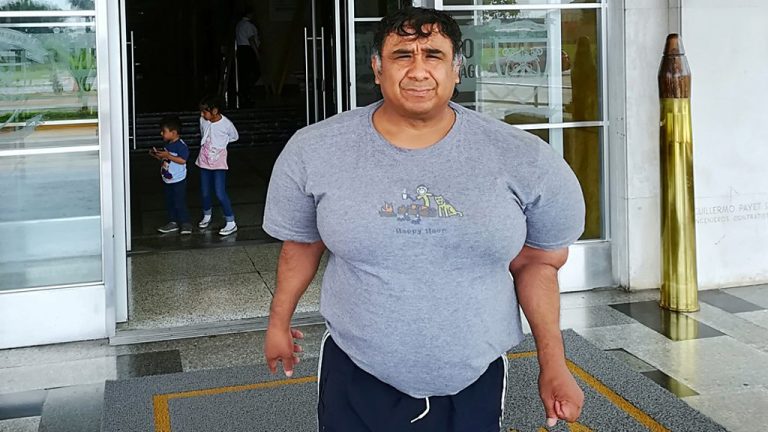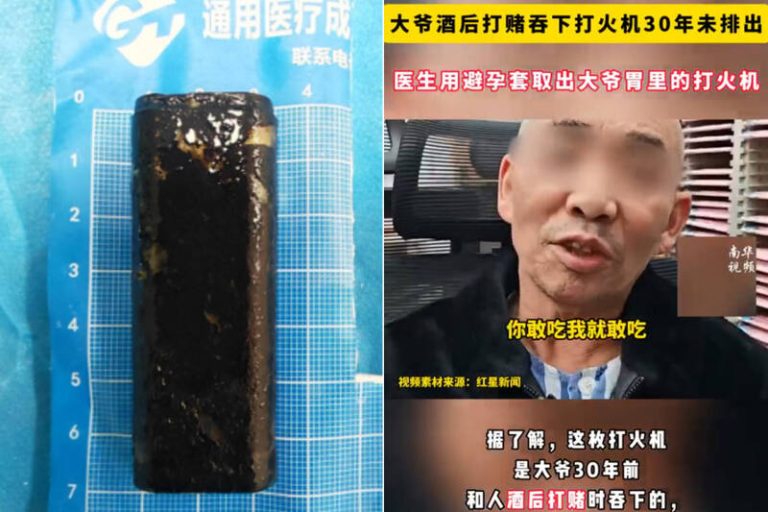Russian hydrologist Alexander Tsvetkov was detained in February 2023, after an AI system determined that his face was a 55% match to the sketch of a murderer drawn 20 years ago by a witness.
Alexander Tsvetkov, a scientist at the Russian Academy of Sciences Institute of Inland Water Biology, has been living a nightmare for the past 10 months. He was removed from an airplane in February, following a work trip to Krasnoyarsk, and informed that he had been identified as the author of a series of murders over 20 years ago. Investigators claimed that he and his alleged accomplice killed at least two people in Moscow and the Moscow region in August 2002, ignoring the testimonies of multiple scientists that Tsvetkov had been with them at the time of the murders. The state’s smoking gun? An AI-powered system that found a 55% match between Tsvetkov and a sketch drawn by a witness over two decades ago…
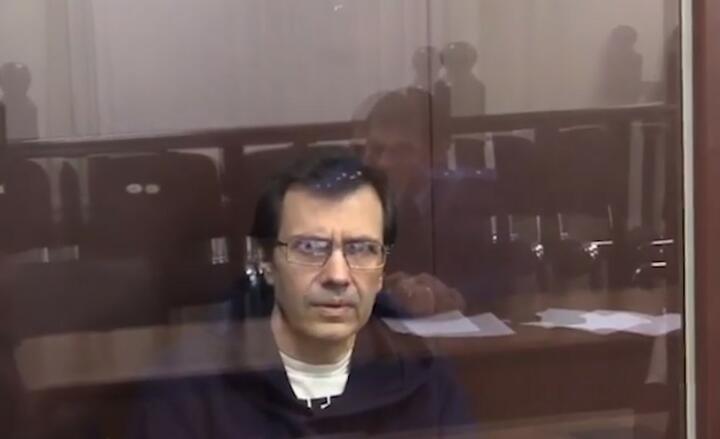
The murders that Alexander Tsvetkov stands accused of occurred on August 2nd, 2002. First, a man with whom the suspects had allegedly drunk was killed after a quarrel. That same night, they robbed a 64-year-old woman, before finally attacking and killing another woman and her 90-year-old mother under the pretext of wanting to rent an apartment.
Tsvetkov’s alleged accomplice, who came forward and admitted to the murders, identified the scientist, but there were some issues with his testimony. He claimed that Alexander had been homeless with him in Moscow, drank alcohol, and “smoked half a pack of cigarettes a day”. Only Tsvetkov had never been homeless, didn’t drink, and hadn’t smoked a cigarette in his life because of lung problems. The accomplice also recalled that Tsvetkov had ring tattoos on his fingers and a Celtic pattern on his left hand. But the scientist’s relatives say that he never had any tattoos.
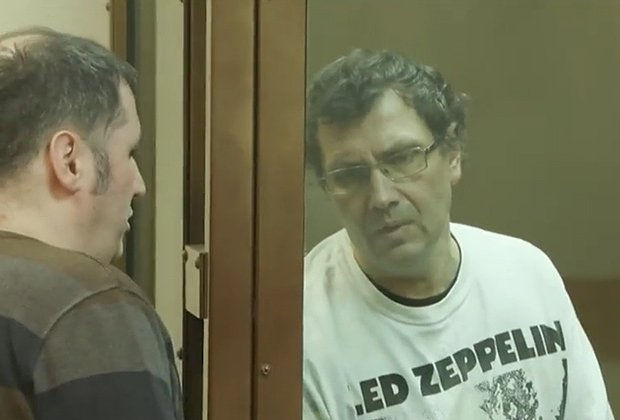
Many of Alexander’s scientist colleagues testified that he had been with them hundreds of kilometers away from the place where the murders had occurred, but authorities didn’t even consider them. The hydrologist was allegedly forced to write a confession that he later retracted, and he spent the last 10 months behind bars, while his family desperately tried to get him out.
According to several news sources, despite the mountain of evidence exonerating Tsvetkov in this murder case, Russian authorities chose to trust software powered by artificial intelligence. It had found that the hydrologist’s appearance matched that of the wanted killer about 55%, which was apparently enough to warrant his imprisonment.
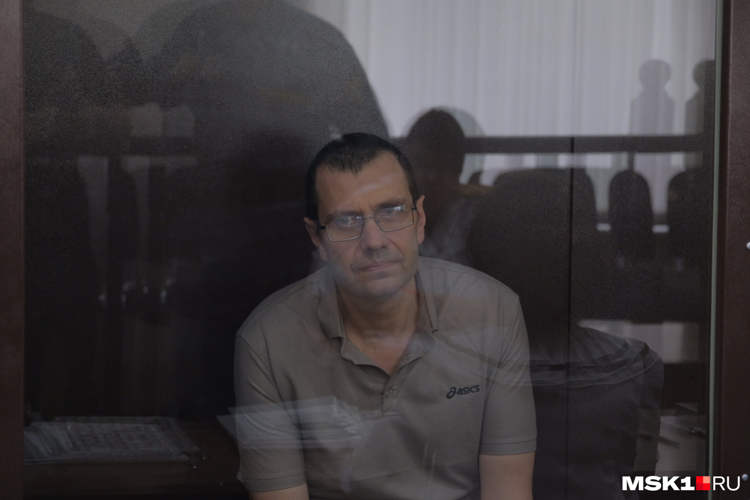
Alexander Tsvetkov’s case has been making news headlines in Russia for months, and following a campaign asking for his release, as well as the rumored intervention of Vladimir Putin himself, the scientist was released earlier this month. However, the charges against him have not been dropped yet, so he is not out of the woods just yet.
Putin allegedly commented that “artificial intelligence is a complex topic, and if there are any failures in this area, they need to be analyzed and appropriate conclusions are drawn”.










